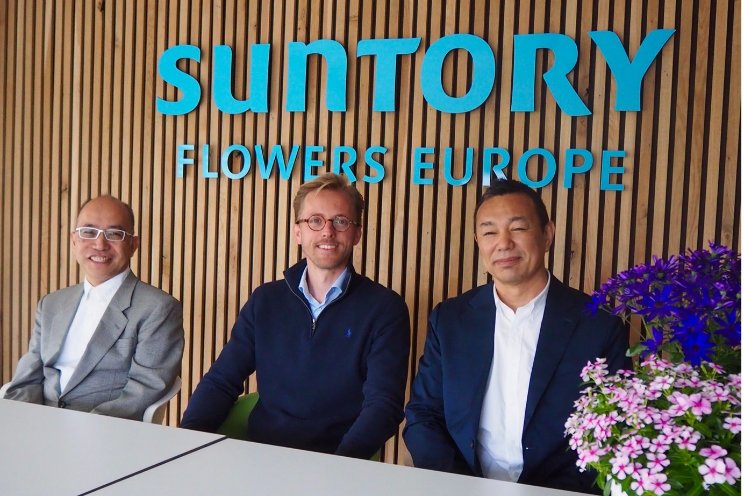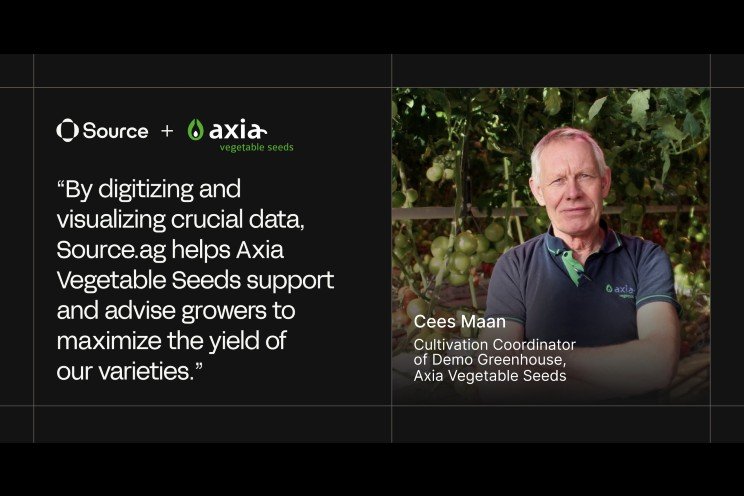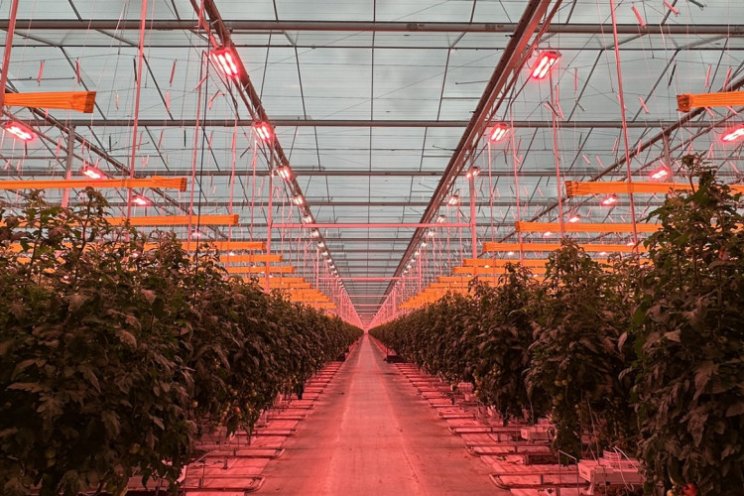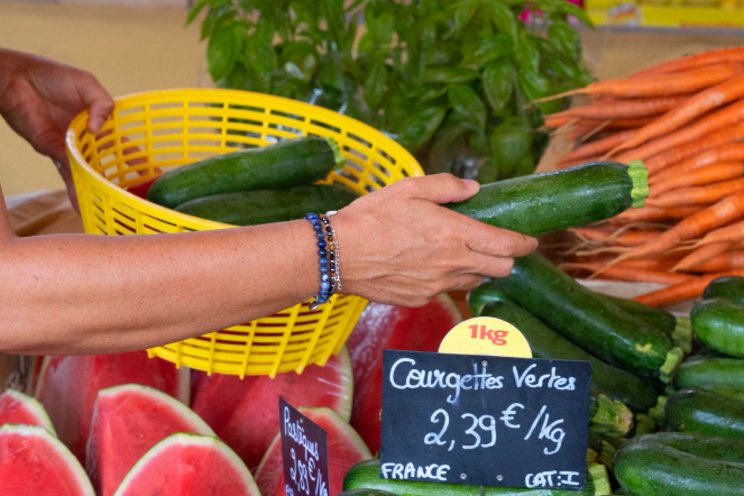Virtual reality is transforming agricultural education
Added on 21 February 2021
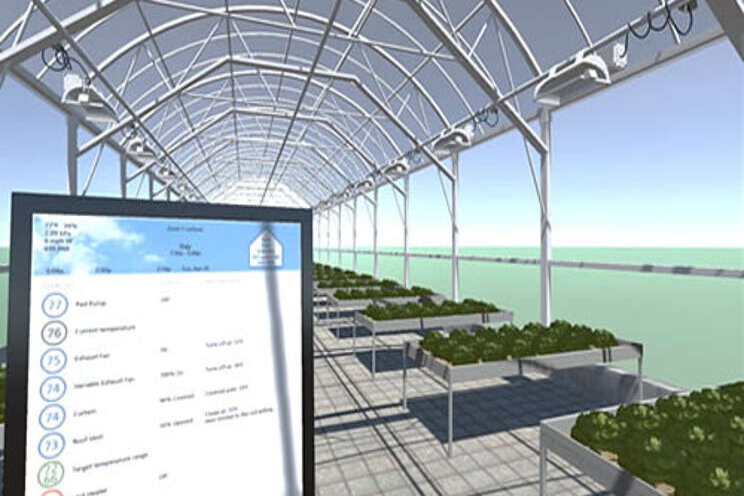
Students involved in Mississippi State University's (MSU) Future Growers Technology Initiative will be using 3-D virtual reality technology to navigate and increase their understanding of the high-risk aspects of the agriculture industry.Today's farmers, from family farms to large-scale agricultural concerns, are integrating state-of-the art technologies into their operations to increase crop yields and efficiently use water, fertilizer, and pesticides, decreasing negative environmental impacts and increasing worker safety. One aspect of this, controlled-environment agriculture (CEA), is a technology-based approach toward food production. CEA assists in providing protection and maintaining improved growing conditions for crops throughout their development within an enclosed growing structure, such as a greenhouse, optimizing the use of resources such as water, energy, space, capital, and labor.Some of the goals of MSU's Future Growers Technology Initiative are to "design next-generation cyber learning approaches [web and program application program interfaces (API)] through high-risk, high-reward agricultural computing systems and to increase the capacity of agricultural educators to advance student knowledge of production under CEA systems."One project, the development of a simulated virtual reality greenhouse funded by a three-year USDA National Institute of Food and Agriculture grant, is nearing completion.The project is a partnership of MSU's Department of Plant and Soil Sciences in the College of Agriculture and Life Sciences and the Center for Advanced Vehicular Systems (CAVS). The prototype is now being refined by Pulseworks, LLC, a developer of motion simulators."We expect to beta-test the first iteration of the Future Growers Greenhouse in the classroom this fall. After testing and tweaking, we are hopeful the product can get to any market by 2022-23," said Amelia Fox, clinical professor in Plant and Soil Sciences at MSU.Richard Harkess, a professor of Plant and Soil Sciences at MSU, plans to use the technology in his greenhouse crops production course this coming fall 2021 semester.Modern greenhouses contain a multitude of systems for environment control, irrigation, feeding, pest control, and more. Students may have the opportunity to see these systems but do not often have access to experiment with settings and observe outcomes. Once MSU's 3-D simulation greenhouse is online and available for students to use, it will not only give future farmers a safer state-of-the-art tool, but will also redefine the time it takes to analyze crop production. With this innovative system, students will be able to complete the full cycle of crop planting, growth and harvest within hours compared to the months it takes in the real world.Within the virtual greenhouse, which allows for individual study, students will grow spinach, lettuce, and tomatoes from seed to market. The MSU team also will test the efficacy of the system by measuring how much the students learn from it.
Click here to read more.
Image courtesy of Dr. Daniel Carruth, CAVS-MSU
Source: eCampus News
More news
